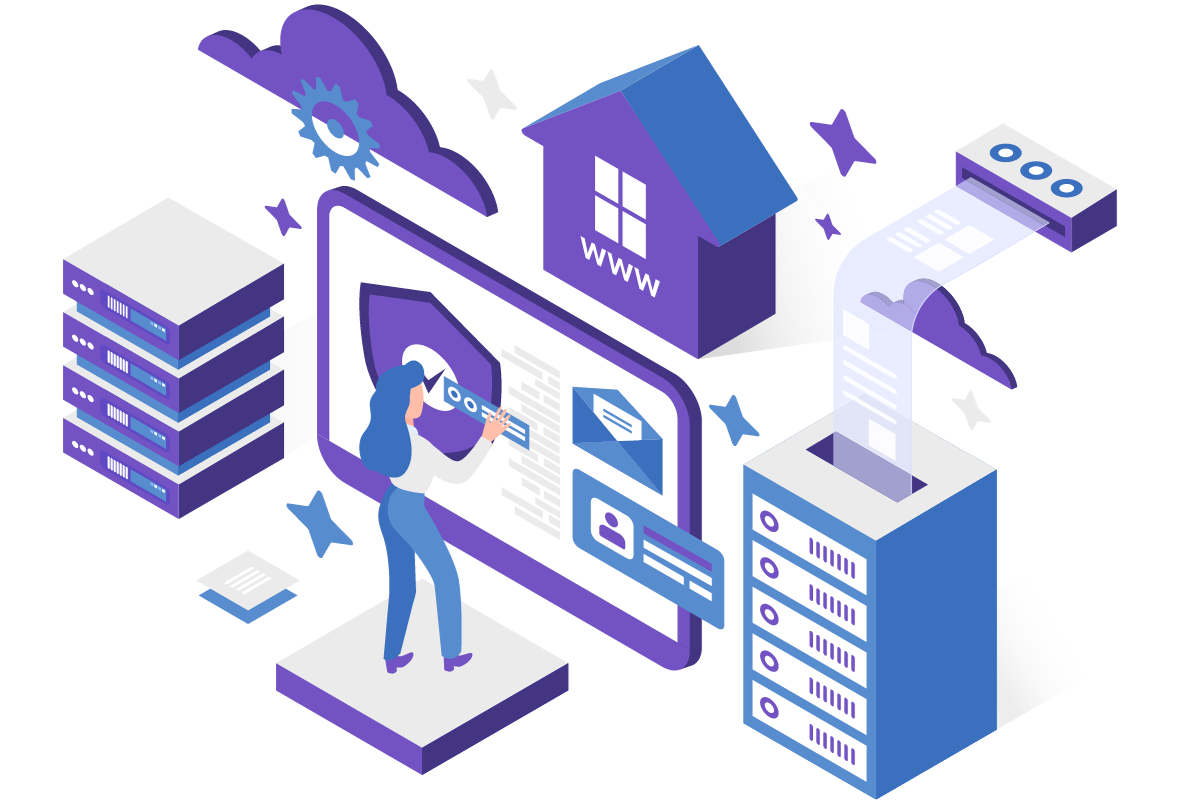In today’s interconnected world, Internet Service Providers (ISPs) hold significant importance.
They act as the guardians of connectivity, supplying the required infrastructure and services that make it possible for us to access the internet within our homes.
This article delves into the essential role played by ISPs in your home internet experience, discussing the technologies they use and the services they render.
The Internet’s Foundation
ISPs take charge of building and preserving both the physical and digital infrastructure that forms the backbone of the internet.
This involves setting up fiber optic cables, coaxial cables, DSL lines, and other such technologies. The chosen technology greatly influences the speed and dependability of your internet connection.
For example, fiber optic is recognized for its high speeds and steadiness, whereas DSL might be more accessible in certain areas but offer comparatively slower speeds.
Choosing Your ISP
The availability of ISPs varies greatly from one location to another. In urban areas, you often have a range of options, from major providers to smaller, regional ones. In contrast, rural areas may have limited choices.

When selecting an ISP, it’s essential to consider factors such as coverage, connection type, pricing, and the services they offer. Many factors, including your location, will determine the ISP available to you.
Connection Types
ISPs offer various types of connections, including broadband, cable, DSL, and satellite. Broadband connections are the most common and include high-speed options like fiber optic.
Cable and DSL use existing infrastructure, such as coaxial cables and telephone lines, to deliver internet access.
Satellite is a wireless option for areas with limited landline connectivity. The choice of connection type affects your internet speed and performance.
Bandwidth and Speed
One of the key services ISPs offer is varying levels of bandwidth and internet speed. Residential internet packages typically come in different tiers, allowing you to choose the speed that best fits your household’s needs.
For basic web browsing and email, lower-speed packages may suffice, while online gaming, streaming, and remote work may demand higher bandwidth to ensure a smooth experience.
Data Caps and Unlimited Internet
Some ISPs impose data caps on their residential internet plans, which means there’s a limit to the amount of data you can use each month. These limits can vary widely between providers and plans.
To address the needs of heavy internet users, many ISPs also offer unlimited internet packages.
Unlimited internet plans provide peace of mind, allowing you to use the internet without worrying about overage charges or reduced speeds after hitting your data limit.
Customer Support and Assistance
An ISP’s customer service and technical support significantly impact the residential internet experience.
When dealing with technical issues, billing inquiries, or needing help setting up your equipment, efficient and supportive customer service can make a substantial difference.
It is recommended that one investigates and reads customer reviews to understand an ISP’s service quality before subscribing to a plan.
Online Protection and Confidentiality
ISPs play a vital role in ensuring your online security and privacy. They generally offer essential protection features, such as firewalls and antivirus software, and may also provide advanced security solutions at an additional cost.

Nonetheless, ISPs can collect and retain user information, raising privacy issues. As a result, it is imperative to understand an ISP’s data retention policies and their approach to privacy, including whether they share or trade customer data with external parties.
Value-Added Services
Many ISPs offer value-added services to attract and retain customers. These can include bundling internet with television and phone services, providing access to streaming platforms, or including additional features like email hosting and cloud storage.
While such services can add value to your package, it’s essential to consider whether they align with your needs and budget.
Advancements and Emerging Technologies
The digital realm is constantly changing, prompting ISPs to perpetually improve their infrastructure and embrace innovative technologies to deliver quicker and more dependable services.
In certain regions, ISPs are implementing 5G networks for ultra-high-speed wireless connectivity, while others investigate novel technologies such as satellite internet constellations.
By keeping up with these advancements, you can make well-informed choices about your home internet services.
Internet Service Providers act as a gateway between your household and the expansive digital universe.
They influence your online experience through the technologies they utilize, the offerings they present, and the caliber of their customer service.
Selecting an ISP is a crucial decision that must correspond with your particular requirements, geographical location, and financial constraints.
By comprehending the significance of ISPs in your home internet experience, you can make well-informed decisions and indulge in a smoother online voyage.
Ella Marcotte
Latest posts by Ella Marcotte (see all)
- UA vs GA4: The 4 Big Differences You Need To Know - April 26, 2024
- Understanding The Role Of Control Valves In Industrial Automation - April 8, 2024
- How Automation Can Boost Your Business Outcomes - April 4, 2024




